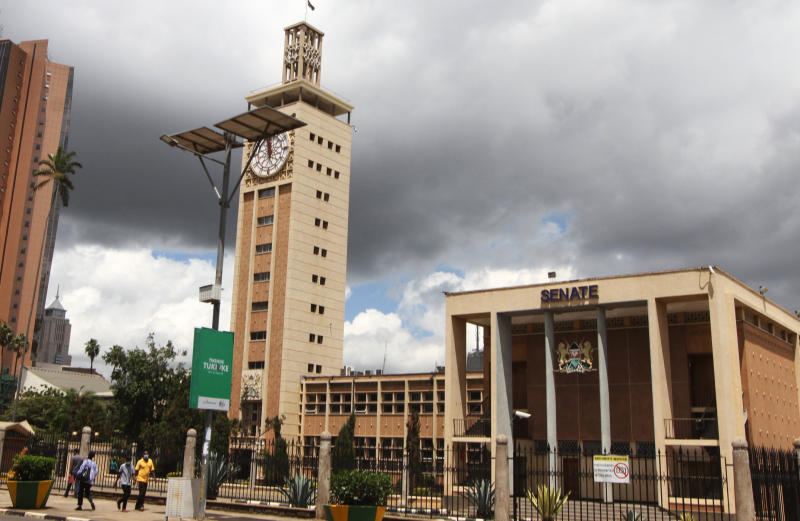×
The Standard e-Paper
Kenya’s Boldest Voice

Ten issues yesterday stood out in a heated debate in the National Assembly and Senate over the Constitution of Kenya (Amendment) Bill, 2020.
The acrimonious debate marked with numerous points of Order saw a section of ODM leader Raila Odinga's allies and those of the Deputy President William Ruto dismantle the Bill, despite calling for its approval.